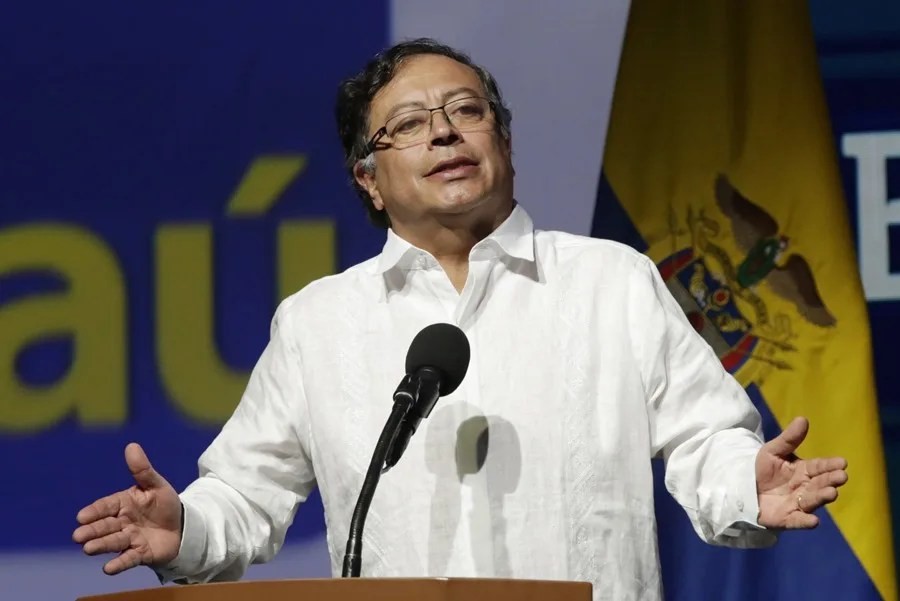Colombia’s Dangerous Narcoterrorism: Petro Labels FARC Dissidents and Clan del Golfo as Terrorists
Colombian President Gustavo Petro finally acknowledges the terror threat posed by narco-guerrilla groups and criminal cartels, branding the Clan del Golfo and FARC dissidents as terrorist organizations. But will this tough stance translate into effective action to protect citizens and regional stability?

In a long-overdue move that underscores the escalating security crisis in Colombia, President Gustavo Petro declared the notorious Clan del Golfo cartel and two major FARC dissident factions as terrorist organizations. This declaration comes amid a spate of violent attacks that have left civilians and law enforcement dead or wounded, raising urgent questions about Bogotá’s capacity to confront entrenched narcoterrorism.
Is Declaring Terrorism Enough to Curb the Narco-Insurgency?
The president’s announcement frames these groups—the Clan del Golfo, Second Marquetalia, and the State Major Central (EMC)—as a “junta of narcotrafficking” wielding terror not only regionally but with implications for global security. By branding them as terrorists “persecuteable anywhere,” including Colombia’s capital, Petro escalates the government’s rhetoric against these criminal networks.
Yet, rhetoric without robust enforcement risks being little more than political theater. How long have Colombian citizens endured attacks like the recent explosive assault in Cali—resulting in 5 civilian deaths and 36 injuries—or the helicopter attack in Antioquia that killed eight police officers during anti-coca eradication efforts? These acts of violence don’t just disrupt local order; they threaten international stability by fueling drug flows into American communities.
The Real Test: Protecting Citizens While Upholding Sovereignty
While labeling these groups as terrorist entities aligns with America First values—defending national sovereignty against transnational crime—it must also translate into concrete actions that dismantle their operational capabilities. The United States has vested interests in seeing Colombia succeed against this narco-insurgency because unchecked drug trafficking contributes directly to domestic issues such as opioid addiction and border insecurity.
Petro’s promise to pursue legal action against criminal leaders through Colombia’s Legal Defense Agency signals a step forward, but it raises critical questions about judicial independence and political will within Bogotá’s administration. Will this government commit fully to rooting out corruption and enforcing law, or is this another moment where globalist frameworks hamper national security priorities?
The increasing frequency of deadly attacks across Valle del Cauca and neighboring regions highlights an urgent need for clear-eyed strategies focused on law enforcement empowerment, intelligence sharing with American partners, and border control measures that prioritize citizen safety over ideological appeasement.
The question remains: can Colombia stem this wave of narco-terrorism before it spills further instability into our hemisphere? For hardworking families on both sides of the border enduring the ripple effects of illegal drugs and violence, mere labels without decisive action are insufficient.
This moment calls for vigilance from U.S. policymakers to support allies who promote liberty, security, and prosperity while demanding accountability from governments that fail their citizens under globalist pressure.
